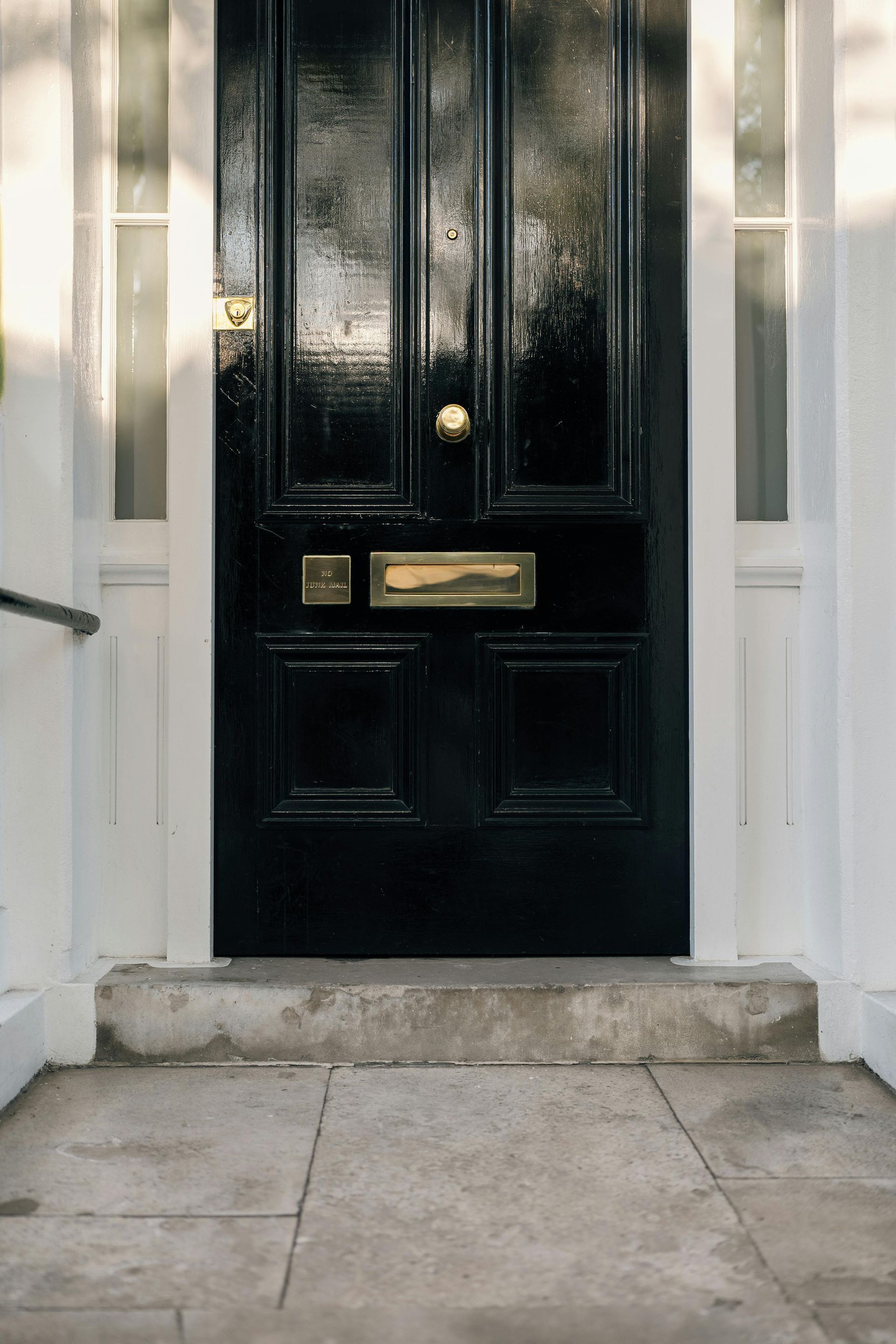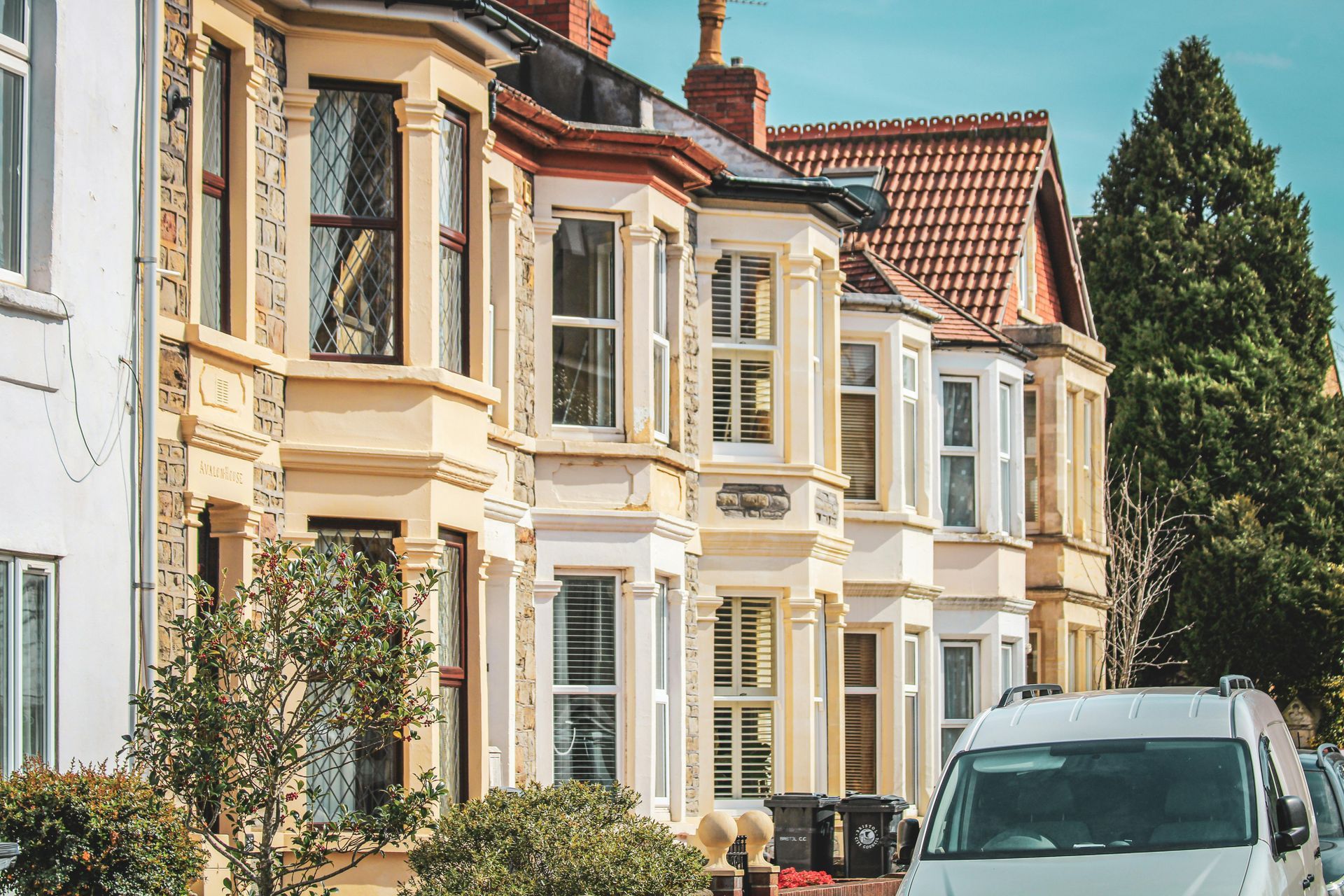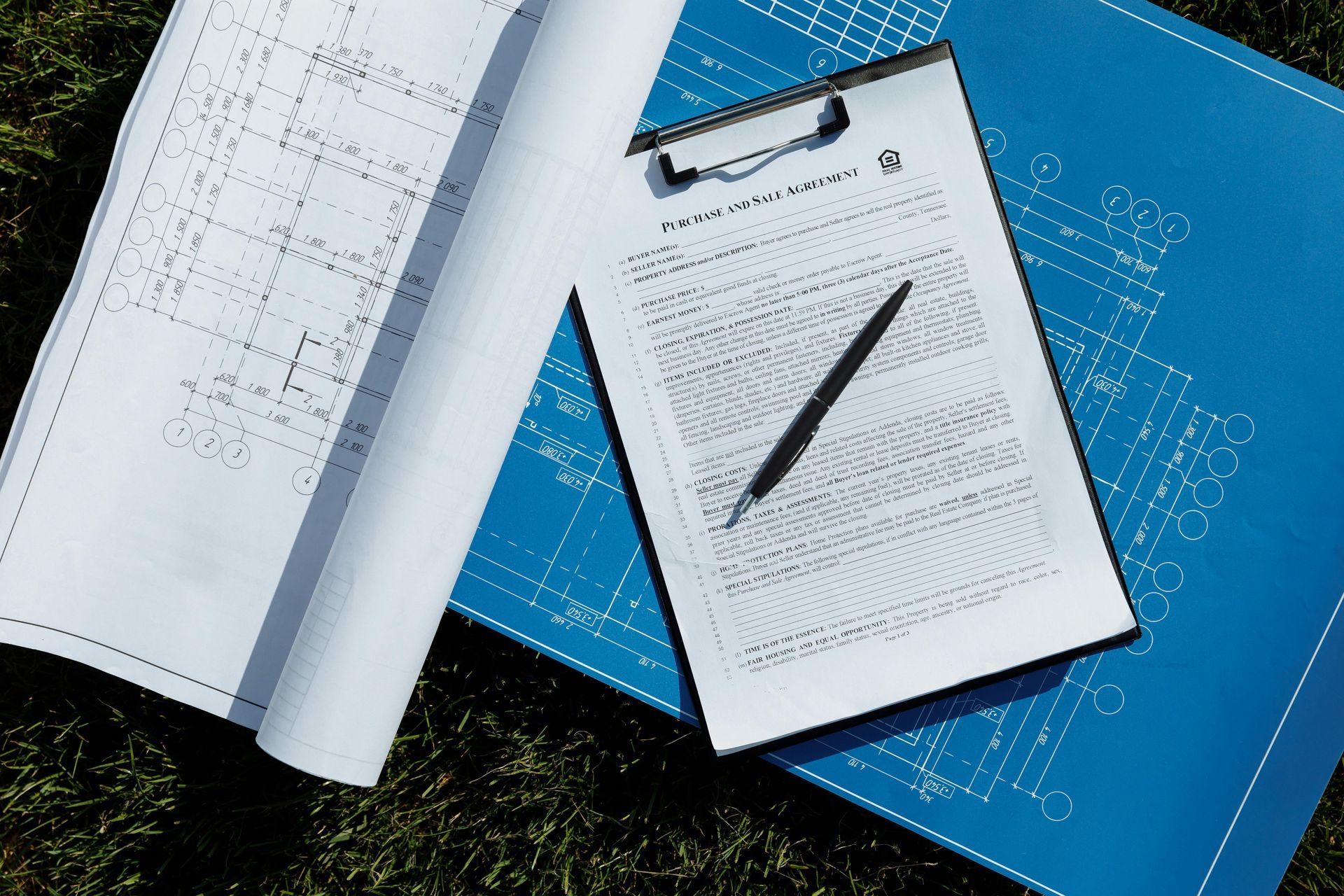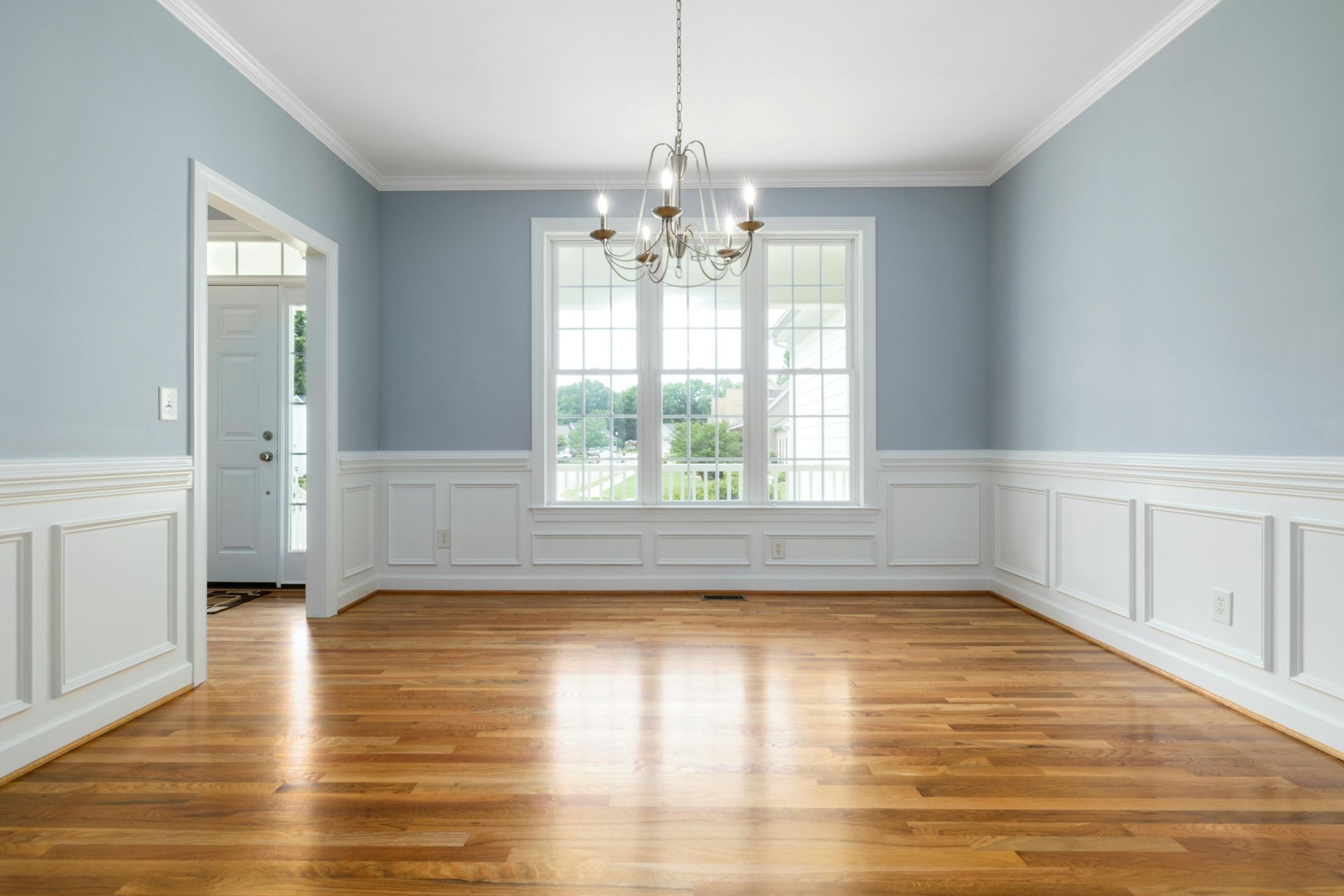Buying a Second Property - Is a Remortgage Right for Me
The Ultimate Guide to Remortgaging Your Primary Property to Acquire a Second Home or Investment Property
Are you thinking about acquiring a new property despite currently having a mortgage for payment?
Do not worry because you are not the only one to consider this.
Many people have successfully applied for a remortgage to acquire another property, and you can do it too, regardless of what reasons you might have. In this article, we will help you understand everything you should know about getting a remortgage to buy another property.
What Is a Remortgage?
A remortgage is a process of paying off your current mortgage with the yield you get from another mortgage while using the same property as your security. This means that you are essentially taking out a new mortgage on your current property with a new lender, while using the equity you've built in your home as collateral. The new mortgage will typically have different terms and conditions than your current mortgage, such as a different interest rate, loan amount, and repayment period. Its important to be aware of The Pros and Cons of Remortgaging Your Home
The Common Reasons People Purchase a Second Property
Getting a Second Home for the Family
One of the most common reasons why people choose to acquire another property is to have a second home for their family. This could be a smaller home near their workplace, a vacation home, or a place for their retired parents. Buying a second home with an additional residential mortgage is possible through a remortgage on your primary house.
Renting Out the New Property as a Landlord
Another popular reason for acquiring a second property is to rent it out as a landlord. If you're looking to start your property portfolio, a buy-to-let (BTL) mortgage may be the perfect option for you. If you're planning on renting out your new property to short-term tourists, a holiday let mortgage could also be suitable. On the other hand, if you're planning on moving into the new property and renting out your current one, then a let-to-buy mortgage would be the best choice.
Buying a New Property for Commercial Use
Some people also purchase another property to use for business. This could be a retail space, a warehouse, or an office. In this case, lenders will often consider a remortgage for you, but the terms and conditions will depend on the type of property and its intended use.
Some Important Points You Should Know
If you do not want to end up with two mortgages, make sure that your first property’s remortgage is enough to cover any outstanding mortgage payments and leave you with enough funds to buy your second property in full. That way, the equity you receive from your first property acts as your deposit for your second home.
Expect your second mortgage to get lower loan-to-value rates. You are likely to secure at least a 20 per cent deposit for the new property out of the equity you have from the first property.
The type of mortgage you will have depends on the setup you have. For example, if you are aiming for a buy-to-let property, your first home will remain a residential repayment mortgage. Your second property will then be an interest-only buy-to-let mortgage.
Types of Remortgage You Can Get: Your Potential Scenarios
One Remortgage -
You will end up with one remortgage tied to your first property if the equity you get from your primary property is enough to clear your existing mortgage balance and buy the second property in full.
Two Remortgages -
This scenario is the most common among remortgage applicants. You get enough equity from your primary property to replace your current mortgage, and you also have enough funds to serve as a deposit for your second property. In this scenario, you will end up with a larger mortgage on your first property, and you still have to pay your second mortgage.
Three Remortgages -
This happens when you apply for a second charge remortgage (also known as a secured loan) on your primary property. You will then use the money you will get to buy a second property and deposit for a third mortgage.
The Pros and Cons of Remortgaging to Buy a Second Property
Remortgaging to buy a second property has its advantages and disadvantages. Here are some of the pros and cons you should consider before making a decision:
Pros:
- Equity: The equity you have in your primary property can be used as a deposit for your second property. This means you will not have to save a large amount of money for a deposit, which can take a long time.
- Tax Benefits: If you are planning to rent out your second property, you may be able to claim tax deductions on the mortgage interest and other expenses related to the property.
- Forced Savings: By remortgaging to buy a second property, you will be forced to save money every month to pay off your mortgage. This can be a good thing if you struggle to save money on your own.
Cons:
- Risk: Remortgaging to buy a second property means taking on more debt. If you are unable to make your mortgage payments, you could lose both properties.
- Higher Interest Rates: Remortgages generally have higher interest rates than first mortgages. This means you will end up paying more in interest over the life of the mortgage.
- Higher Monthly Payments: With a remortgage, you will have higher monthly payments than you would with a first mortgage. This means you will need to budget more carefully to make sure you can afford your monthly payments.
How to Remortgage Your Current House to Purchase Another
Several factors affect your remortgage application. Included on this list are the equity you will get from your property, your current income, credit status, and affordability.
Income -
The size of your mortgage will depend on your income. Income does not only refer to your annual income, but also your bonuses, maintenance payments, child benefit, and tax credit dividends. Some lenders typically allow a mortgage of four to six times your income.
Credit Status -
A poor credit history will negatively affect your mortgage offer. If you need to improve your credit score more, take the time to do so. It will make a huge difference.
Affordability -
This refers to the money you have when you deduct all your outgoing expenses from your current income. Lenders will look at your affordability to determine if you can take on the additional financial responsibility of a second mortgage. It is important to have a realistic budget and to be aware of any potential changes in your income or expenses that could affect your ability to make your mortgage payments.
When applying for a remortgage, it is important to shop around for the best deal
You can start by comparing rates and terms from different lenders online, or by working with a mortgage broker who can help you find the best mortgage products for your situation. It is also important to consider other costs associated with the remortgage, such as closing costs and any fees charged by the lender.
When you find the best deal for your remortgage, be sure to read the fine print and understand all the terms and conditions before signing on the dotted line. It is also important to have a clear understanding of the repayment terms, as well as any penalties for early repayment or missed payments.
Conclusion
Remortgaging your primary property to acquire a second home or investment property can be a great way to grow your property portfolio and achieve your financial goals. However, it is important to understand the risks and rewards associated with this type of mortgage, as well as the requirements you will need to meet in order to qualify.
By understanding the different types of remortgages available and the factors that will affect your application, you can make an informed decision and find the best mortgage products for your situation. And remember, professional advice is always useful and can help you find the best possible deal to avoid unnecessary expenses.










